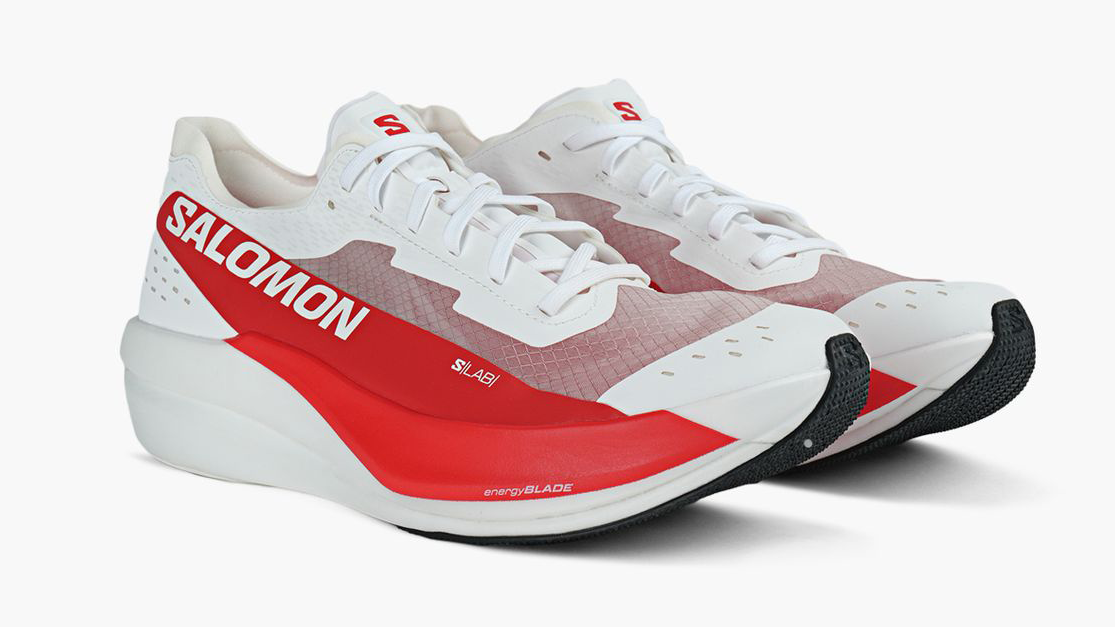“We’re on a journey of transformation" - Salomon says it's striving to reduce carbon footprint with more sustainable gear, despite rising emissions
New products include a 100% recyclable skiing and snowboarding helmet, and t-shirts created from recycled textile waste

Salomon is aiming to cut down on its environmental impact, despite a steady rise in emissions over the past five years.
The French brand, which specializes in running, hiking, and skiing equipment, has introduced multiple new sustainable products and production methods, designed to help you hit the trails without hurting the environment.
The Salomon Brigade Index skiing and snowboarding helmet, for example, can be recycled after use thanks to its use of polyolefin material. New fiber-to-fiber t-shirts are also 100% recyclable and created from recycled textile waste.
Its new S/LAB Phantasm 2 running shoes are produced locally in Ardèche (France), and combine carbon fiber production with locally sourced materials.

It's all part of Salomon's strategy to cut its absolute carbon emissions by 30% by 2030, compared to its output in 2019. This includes all emissions associated with the brand, including those produced by other companies supplying and delivering their products.
However, despite the ambitious target, Salomon's 2024 Impact Report reveals that the brand has actually increased its absolute emissions by almost 90,000 tons in the past five years - some 39%.
As of 2024, its operations created 315,768 tons of carbon emissions, compared to just 226,227 tons in 2019 and 212,698 tons in 2021.
All the latest inspiration, tips and guides to help you plan your next Advnture!
The report says the increase is due to more products being produced, and points to an 18% decrease in its direct emissions since 2018 as evidence of progress.
These are emissions created directly by Salomon and do not account for the additional emissions associated with the brand, which fall under absolute emissions.
Although it's a long way from its total emissions target, Salomon says it remains committed to a sustainable future.
“We’re on a journey of transformation,” says global sustainability and impact director Marie-Laure Piednoir.
“It takes time, but we are fully committed to shaping better futures for our business, our industry, and our communities.”
The brand is taking multiple steps to cut down, increasing the amount of raw, non-harmful materials in its products, and producing more gear locally to avoid emissions caused by long-distance travel.
Salomon has also incorporated sustainable practices at its HQ to cut down on emissions in the design and production stages and continue decreasing its direct emissions.
- The best hiking shoes: capable summit-baggers and fast-paced walkers
- The best trail running shoes: get a grip on the trickiest terrain

Will Symons developed his love of the outdoors as a student, exploring every inch of Sussex’s South Downs national park and swimming off the Brighton seafront. Now a staff writer for Advnture, Will previously worked as a freelance journalist and writer, covering everything from cricket to ancient history. Like most Advnture staff, Will’s free time is rarely spent indoors, he can often be found hiking, open water swimming or playing cricket.
